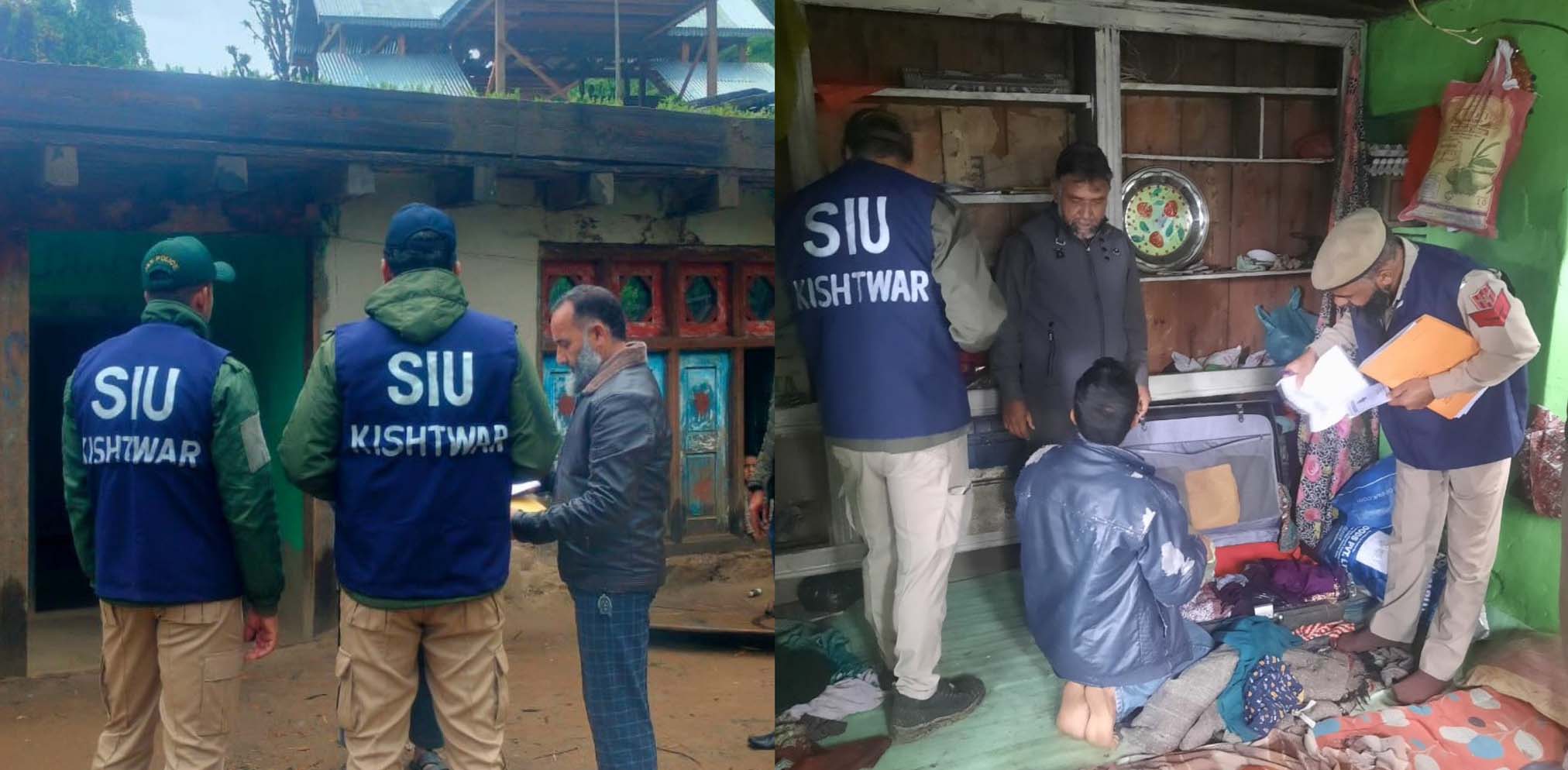The Special Investigation Unit (SIU) carried out coordinated raids on the residences of terrorists at various places. These terrorists belong to organisations such as Lashkar-e-Toiba (LeT), Jaish-e-Mohammed (JeM), Hizbul Mujahideen, and other militant outfits. The intelligence agencies have also determined the approximate locations of these terrorists in Pakistan and PoJK. The police and intelligence agencies have compiled detailed dossiers on all 250 militants, including their addresses in India and their likely operational locations in Pakistan and PoJK. These dossiers have been submitted to the Union Home Ministry, which will approach Interpol for the issuance of Red Corner Notices. The objective is to arrest these terrorists and facilitate their repatriation.
A Red Corner Notice (RCN) is a request issued by Interpol to law enforcement agencies worldwide to locate and provisionally arrest an individual wanted by a member country for extradition or prosecution. When an RCN is issued against a terrorist or criminal operating in Pakistan, it serves as an international alert and increases the chances of their apprehension. Indeed, Pakistan has not taken concrete actions to apprehend individuals like Masood Azhar, Zakiur Rehman Lakhvi, and many others who have been subject to Red Corner Notices (RCNs) issued by Interpol. This lack of cooperation in arresting and extraditing wanted terrorists has been a matter of concern for the international community. Efforts to address the issue of non-compliance with RCNs involve diplomatic engagement, discussions, and negotiations between the concerned countries. It is worth mentioning that the enforcement of RCNs requires a collaborative and cooperative approach between countries, and persistent diplomatic efforts are necessary to ensure that countries fulfil their obligations to combat terrorism effectively.
The security agencies have been closely monitoring the situation and taking proactive measures to counter these efforts. Raids and operations have been conducted to apprehend terrorists and dismantle their support networks. Intelligence agencies have been gathering information and sharing it with relevant authorities to take the necessary action. Efforts are also being made to address the root causes of militancy, including socio-economic development and outreach programmes to dissuade youth from joining militant ranks. Additionally, community participation and cooperation are being sought to identify and report any suspicious activities.
As concluded by intelligence sources, most of these 250 terrorists are trying to revive terrorism by influencing OGWs and UGWs, and as such, the focus should be on those existing in our region. Dismantling the support networks of terrorists, including OGWs and UGWs, is a crucial aspect of counter-terrorism efforts. OGWs and UGWs play significant roles in assisting and facilitating terrorist activities, such as recruitment, financing, logistics, and intelligence gathering. They form the backbone of a terrorist network, providing essential support and resources. These workers often have valuable information about the operational aspects of terrorist organisations, including their leadership, safe houses, hideouts, and communication channels. By apprehending and interrogating these individuals, security agencies can gather critical intelligence that can lead to the arrest of high-value targets and the prevention of future attacks. OGWs and UGWs are normally involved in various criminal activities, such as extortion, smuggling, and illicit financing, to provide financial support to terrorist organisations. By targeting these individuals, security agencies can disrupt the funding and logistics networks that sustain terrorist activities. They are actively involved in the recruitment and radicalization of individuals, particularly vulnerable youth. Dismantling OGW and UGW networks help restore public confidence in the security apparatus. It demonstrates the effectiveness of law enforcement agencies in combating terrorism, which, in turn, encourages citizens to cooperate and provide information, ultimately leading to more successful counter-terrorism operations.
Efforts to revive militancy in the districts of Doda, Kishtwar, Bhaderwah, and Ramban have been a cause of concern for security forces. The collective efforts of the security forces, intelligence agencies, and local administration are focused on thwarting attempts to revive militancy and maintain peace and stability in the affected districts and are much appreciated.


